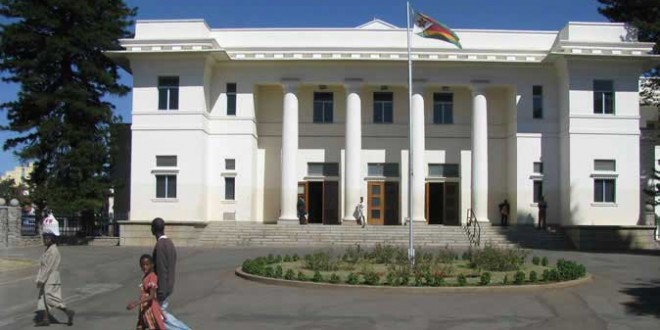
EIGHT city law firms contracted by the Bulawayo City Council as debt collectors have recovered more than $2,8 million representing a collection rate of 55%. CHIEF REPORTER
The local authority has been issuing final letters of demand on defaulters which will culminate in summons and subsequent attachment of moveable and immovable property.
According to the council’s finance and development committee report, Majoko and Majoko were tasked with recovering $1 334 378,02 and managed $899 048,94, James Moyo-Majwabu recovered $946 510,60 out of $1 660 467,95 and Lazarus and Sarif recovered $259 626,45 from a target of $489 819,41.
T Hara and Partners managed to recover $457 387,26, Dube Banda Nzarayapenga ($222 452,05), R Ndlovu and Company $182 38,30, Mlweli Ndlovu and Partners $39 681,62 while Job Sibanda and Associates were tasked with recovering $283 458,55, but are still to recover anything from Native Investments, which is no longer operational, while Matabeleland Farmers Co-op had abandoned its premises.
Chamber secretary Sikhangezile Zhou said: “There had been an increase in the collection rate from 51% in the last report to 55%.
“Quite a number of handed over accounts had been withdrawn from law firms for reasons which include accounts which lawyers had not acted upon and now fall under the jurisdiction of the Magistrates’ Court, which is currently $10 000, accounts where lawyers found it difficult to locate debtors (and) accounts which had stayed for too long and there was no progress being reported,” Zhou said.
According to the report, a total of $652 849 had since been withdrawn and the accounts were now being processed internally.
The report does not indicate how many accounts each law firms handled and mayor Martin Moyo and councillor Patrick Moyo said future reports on accounts handed over to law firms should be comprehensive and include not only the total amounts, but the number of cases handed over to each law firm.
- Chamisa under fire over US$120K donation
- Mavhunga puts DeMbare into Chibuku quarterfinals
- Pension funds bet on Cabora Bassa oilfields
- Councils defy govt fire tender directive
Keep Reading
Due to a High Court order barring local authorities from disconnecting water, council is exploring alternative avenues, which include embarking on a door-to-door visitation of debtors with overdue amounts, to coscientise them on the need to pay.
It is also working on including a clause in the summons where the judge would allow council to disconnect supplies for non-payment of debt and pursuing use of pre-paid water meters.










